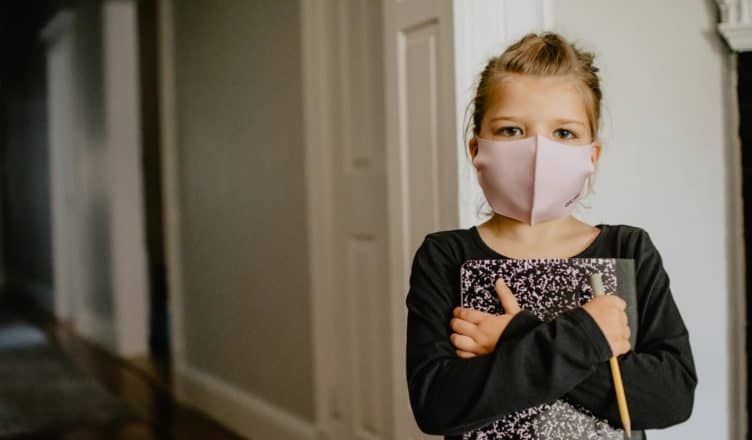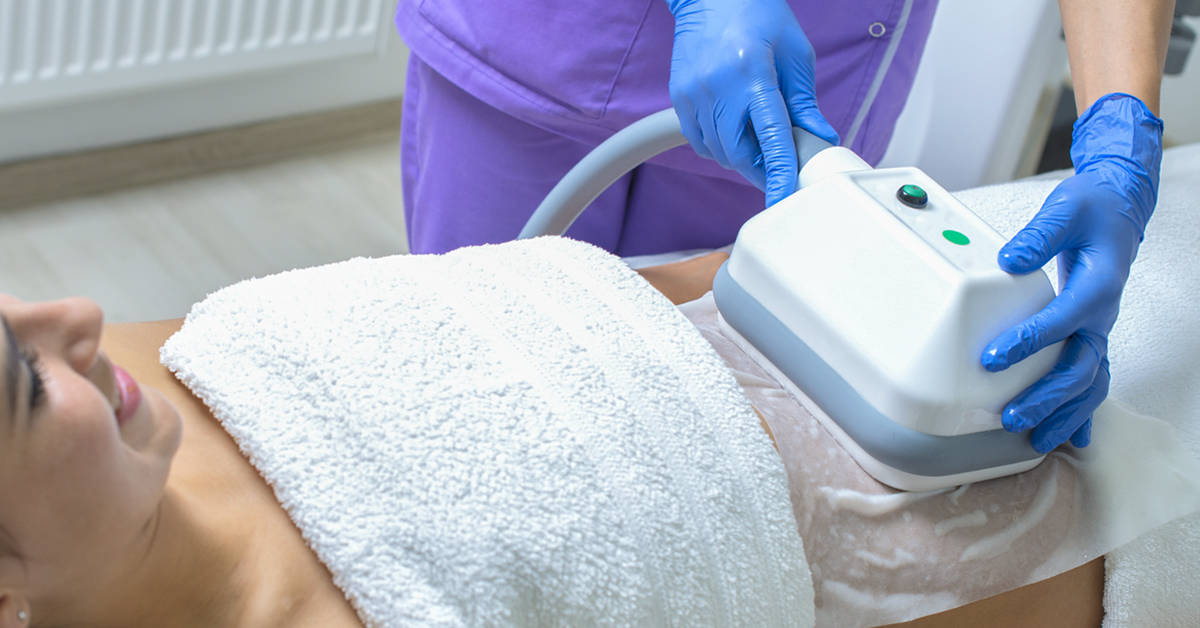A concussion is a brain injury caused by a blow to the head. The growing brain of an infant is at a higher risk than that of an adult, so parents and caregivers will want to know the symptoms of pediatric concussions.
Research conducted in 2017, looking at more than 13,000 U.S. teens, showed that almost one-fifth reported having had a concussion at least once.
Signs and Symptoms of Concussion in Children
For young children, concussions can be difficult to diagnose since they can’t easily express how they’re feeling. For any signs and symptoms, you’ll need to monitor them closely.
To make matters even more complex, concussion signs often do not turn up immediately following an accident. They may appear hours or even days after the accident.
Concussion symptoms may not be apparent at the outset. They can be physical, like a headache, but they can also illustrate the way the child behaves or thinks. Some common symptoms are –
- Headaches
- Sleepiness
- They appear like they are in a fog
- Feeling nauseous or vomiting
- Sensitivity to light or noise
- They seem irritable
- Having more or less sleep than normal
- Feeling lonely or depressed
- Feeling dizzy or experiencing balance issues
- Inability to think or focus properly
Concussion in Babies and Toddlers
It’s not easy for infants and young children to tell you what is wrong. Including the above signs, parents should also check their child in case of the following:
- Unable or hesitant to nurse or to eat
- Crying nonstop
- Disinterested in toys
- Losing newly learned skills, such as toilet training
- Crying as you move the head of an infant
- Disruption in the sleeping habits
- Bump or bruise on the head
When Should Parents Seek Medical Care?
If your child hits their head or gets injured, how will you know when to take them to a doctor?
Watching your infant very closely is the most important thing to do. Ask yourself the following questions:
- Is my child acting normally?
- Do they appear more drowsy than they do generally?
- Has their behavior changed?
Even after a slight knock on the head, if your child is alert, active, and does not behave any differently, they’re most definitely fine.
In rare cases, a hematoma may be caused in an infant’s brain due to a head injury.
A hematoma is the accumulation of blood that develops against the skull in the brain and squeezes it. It can be treated by the neurological physicians of Arizona as a medical emergency.
Parents must go to the emergency room or call an ambulance if the child is experiencing the following:
- Loss of consciousness when hit
- Memory loss for more than 24 hours
- Seizures, which may mean twitching or jerking movement
- One pupil is smaller than the other
- Garbled speech
- Having trouble waking up
- Repeatedly vomiting
- Symptoms that get worse all of a sudden
Treatment for Concussion
The best concussion treatment is rest. To recover from a concussion, the brain needs lots of rest from both physical and mental activity.
Care Tips for Home
You can take these few vital steps to help your child recover from a concussion:
- Ensure that the child gets physical downtime and avoids exercise or sports.
- Help the child to relax mentally too. They should not do anything that requires a lot of concentration, such as schoolwork. Restrict their time watching the television, and reduce screen time on video games and mobile phones.
In addition, sleep is very curative for the brain, so suggest quiet time, naps, and early bedtimes to help the brain recover for as long as possible. In order to promote good sleep, parents can-
- Remove bedroom distractions
- Promote a sleep routine, without late nights or sleepovers
The most frequent problem following a concussion is headaches. It can be good to have analgesics, but caregivers can consult with their doctor.
How Long Will the Child Take to Recover?
The majority of children feel better within a few weeks. However, according to the CDC, signs can last for months or even longer in some children.
A 2014 report showed that a month after enduring an accident, about a quarter of children continued to complain about headaches. Approximately a quarter experience tiredness and almost 20% claim they require more time to think than before the accident.
When a child’s symptoms get worse or do not subside, parents should speak to a doctor. If a child participates in athletics, his/her physician should be contacted to help establish a healthy schedule to return to play.
The post-concussive syndrome can occur in certain children, causing their symptoms to continue. In children who have had more than one concussion, this is quite common.
Who Is at the Risk of a Concussion?
Any child or adult is at risk of having a concussion, but some groups are more likely to have concussions than others.
Falls are the most likely cause of TBI (traumatic brain injury) diagnosed in the emergency room in children below the age of 4.
Children aged 5 to 14 are vulnerable to TBI by falling and bumping their heads into something.
Athletes playing certain sports like ice hockey, football, basketball, women’s soccer are more vulnerable to concussions than others.
Conclusion
The majority of children will fully recover from a concussion. But the impact can be extreme and long-lasting for others.
It’s necessary to prevent another concussion or brain injury if your kid has suffered a concussion before. Repeated concussions can cause permanent damage to the brain.
You should make an appointment with the doctor if your child displays any symptoms of relapse following a concussion, such as grogginess, agitation, or major mood swings.







